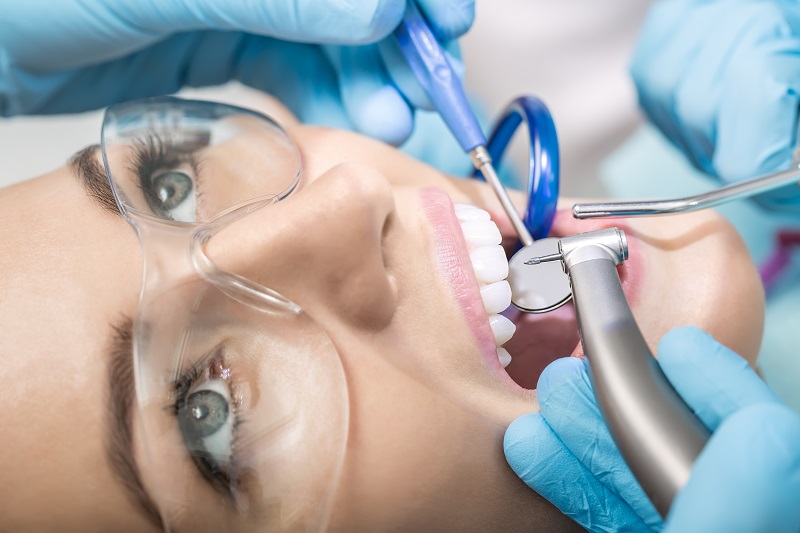Dentistry is a delicate affair. It takes a lot of expertise for a dentist to carry out his businesses efficiently. Equally essential is his most important tool, the dental drill or dental handpiece. The dental handpiece is a hand-held mechanical device used to perform a variety of common dental treatments like polishing fillings, removing prostheses and removing decay. Just like all delicate and sophisticated instruments, the dental handpiece also needs to be taken care of and properly maintained. If the instrument is not maintained properly, it becomes inconvenient for the dentist to use it and may result in injuries to the patient.
Certain key points must be kept in mind for the proper maintenance of all type of dental handpiece and to ensure its long life:
Careful Usage:
Utmost care should be taken while using the dental handpiece. It should never be used as a hammer while preparing for treating a cavity. Also, using the proper burs is extremely essential. Use the bur of the manufacturer specified length. Using a bur of inappropriate length or dull or bent ones can cause the turbine and the cartridges to break.
Use The Correct Cleaning Liquid Or Lubricant:
Almost all dental handpieces come with the names of the recommended cleaning liquids. It is best to stick to that and not experiment with other products. Also, lubricants and cleaning liquids should be applied as prescribed in the manual which comes along with the device, using the proper application nozzle. The user manual should always be referred to for cleaning and maintenance tips.
Avoid Using Chemical Disinfectants To Clean The Dental Handpiece:
It is advised to never clean the dental handpiece with a chemical disinfectant. The chemical constituents, when heated, could have a reaction with the shell of the handpiece which may cause corrosion and buildup. Naturally, such buildup and corrosion adversely affect the device and hence reduces its durability.
Never Cool Off The Handpiece Under Cool Water:
After each autoclave process, the dental handpiece should be left to cool off. Cooling it under running cold water to save time damages the turbines of the device and shortens its lifespan.
Follow The Instructions Provided By The Manufacturer About The Air Pressure:
The dental handpiece should always be operated at the manufacturer recommended air pressure. Too much air pressure can cause damage to the turbines. An air pressure of 33 to 35 RPMs is ideal for optimum turbine performance and a long life of the tool.
Do Not Operate In Case Of Odd Noises:
Like all mechanical instruments, a dental handpiece breaks down at times in case of a glitch in the machinery. It may not stop working totally but run with some noises. The device should not be used if odd noises are heard. The noises are indications of problems needing prompt attention.
Always Have A Backup Hand Piece:
An operation should not be started without having at least three dental handpieces- one that will be used, the other as back up to the first one and another one in sterilization from the previous operation. It is of the utmost essence that a backup option is ready in case an instrument breaks down. This makes the operating procedure smooth and efficient.
Conclusion
The dental handpiece is an extremely useful and essential device for dentists for common dental procedures and treatments of regular cavities and fillings. However, being a sophisticated and delicate tool, the handpiece needs to be operated with care and maintained properly. To ensure its long life, each dental handpiece must be cleaned, lubricated and operated as per the guidelines of the manufacturer.






